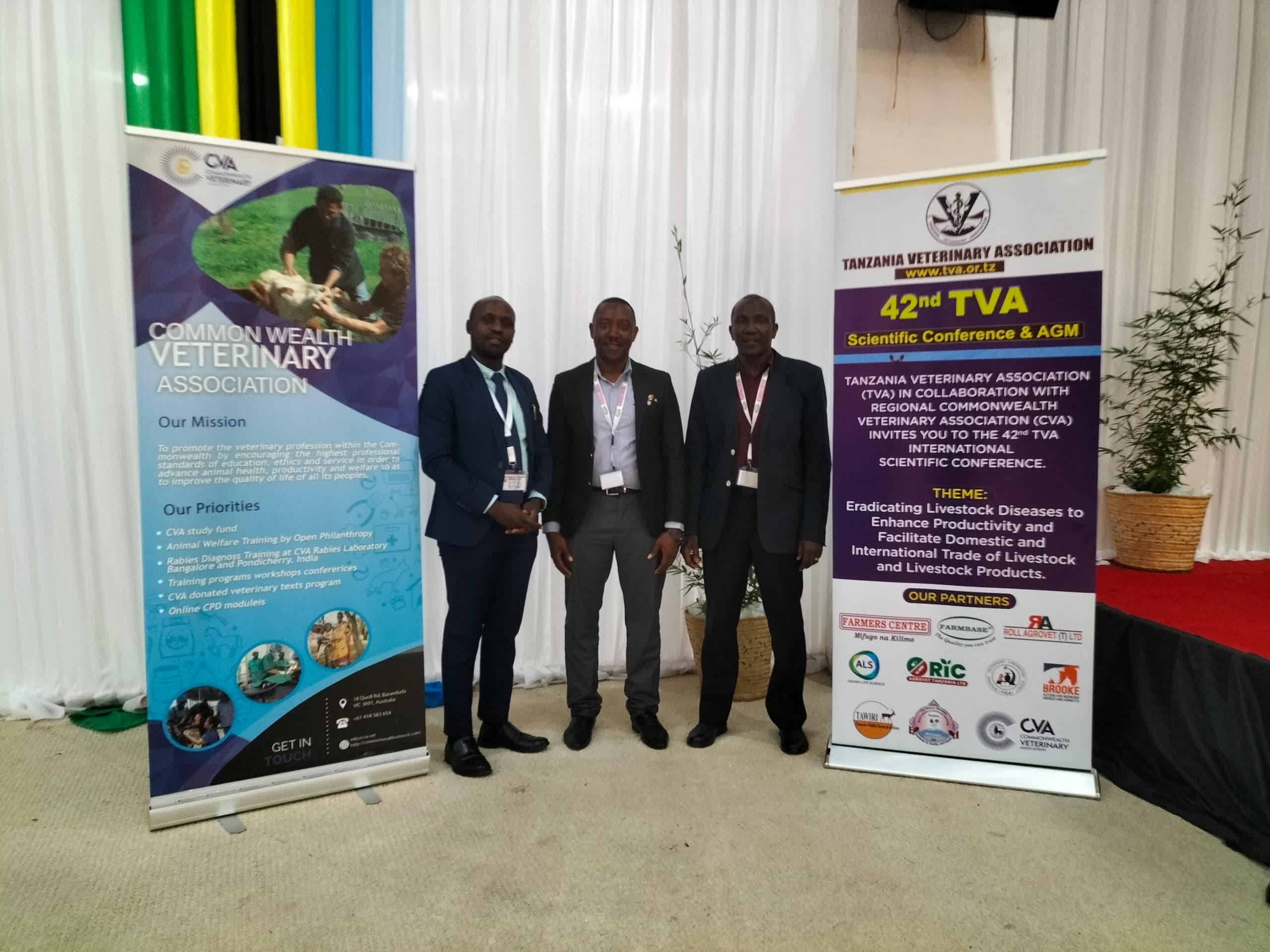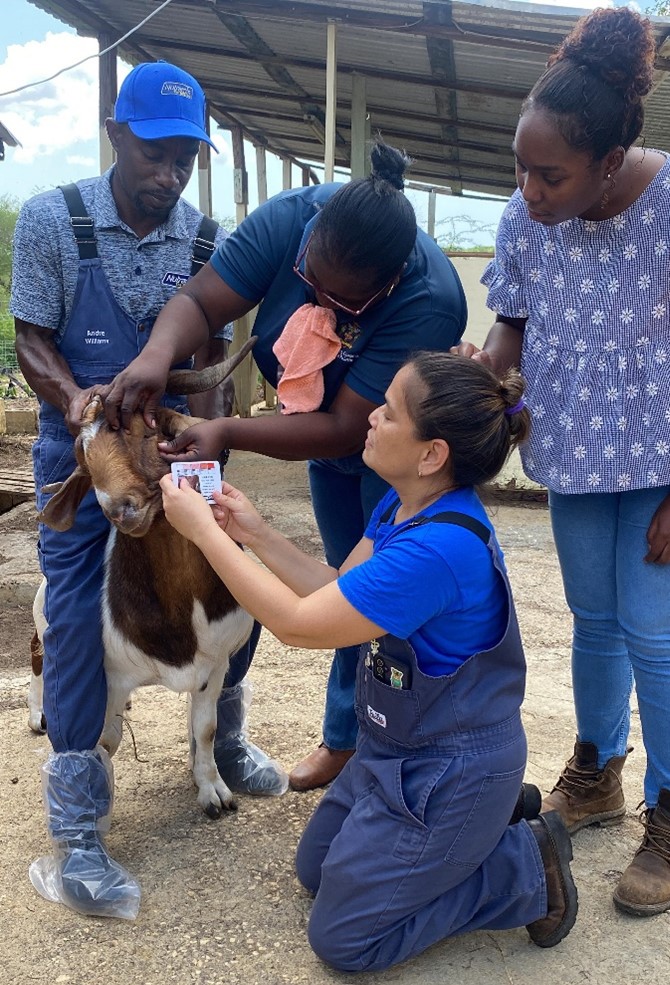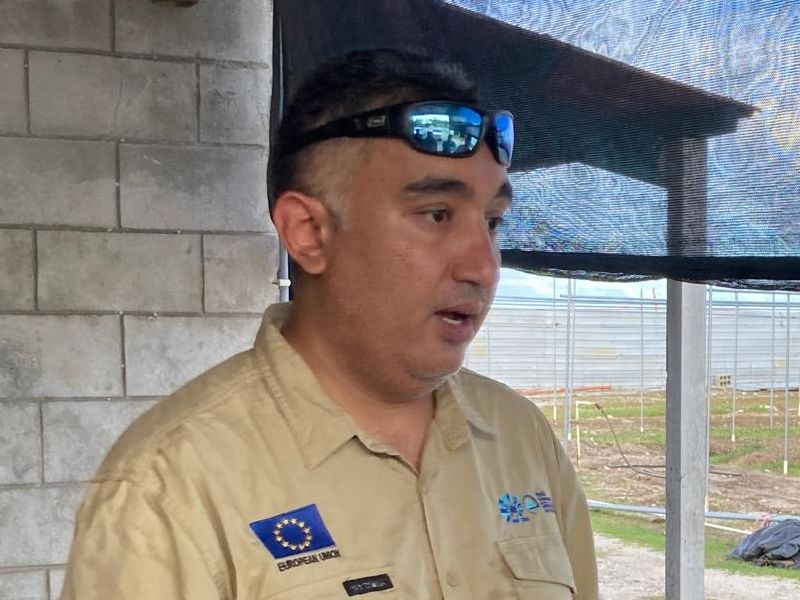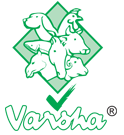Q1. Tell us about you, your family and where you live?
I am born and bred in Zambia. I studied veterinary medicine at the Samora Machel School of Veterinary Medicine at the University of Zambia in Lusaka. I have over a decade of experience in veterinary practice largely in poultry and pharmaceuticals. I currently own and manage an animal health pharmaceutical business that employs 2 full time veterinarians and other staff. I am married with two children both girls. I live in Lusaka, the capital city of Zambia.
Q2. What is your favourite food?
Fresh fish with lots of greens and nsima.
Q3. Do you have any favourite music?
Not really but I enjoy different Christian genre and a bit of local music.
Q4. What is your favourite sport
I do not play sports but I like watching football
Q5. Tell up in a paragraph what your current veterinary position is.
Recently, I was elected to a 3-year term of office for Commonwealth Veterinary Association Councillor for the Veterinary Association of Zambia.
Q6. What influenced you to become a veterinarian?
Prior to getting into the University, I didn’t know much about veterinary medicine. Things changed when I got to the university and was introduced to veterinary students who were boarding not far from my room. That’s how I developed the interest in veterinary medicine to become a wildlife vet. Unfortunately, the part of being a wildlife vet didn’t happen and I ended up being a poultry veterinarian which has been much more successful and satisfying.
Q7. What do you enjoy most about being a veterinarian?
Being part of the one health discipline especially in ensuring food safety from poultry production.
Q8. What are some of the main challenges for you and your national veterinary association?
- Getting vets to subscribe to the governing body with is the Veterinary Association of Zambia (and the veterinary council of Zambia)
- Access to quality laboratory services to improve disease diagnosis and effective treatment
Q9. How do you communicate to your organisation about the CVA and its activities?
- Communication is largely by email and whatsapp messages
- All activities that are initiated by CVA are directly posted and or shared with vets on various platforms
Q10. How do you think the CVA can assist you in your role as CVA Delegate?
Increasing opportunities for networking and exchange of information. This include but not limited to veterinary practices in various developing and developed countries that are helping solve local problems.





